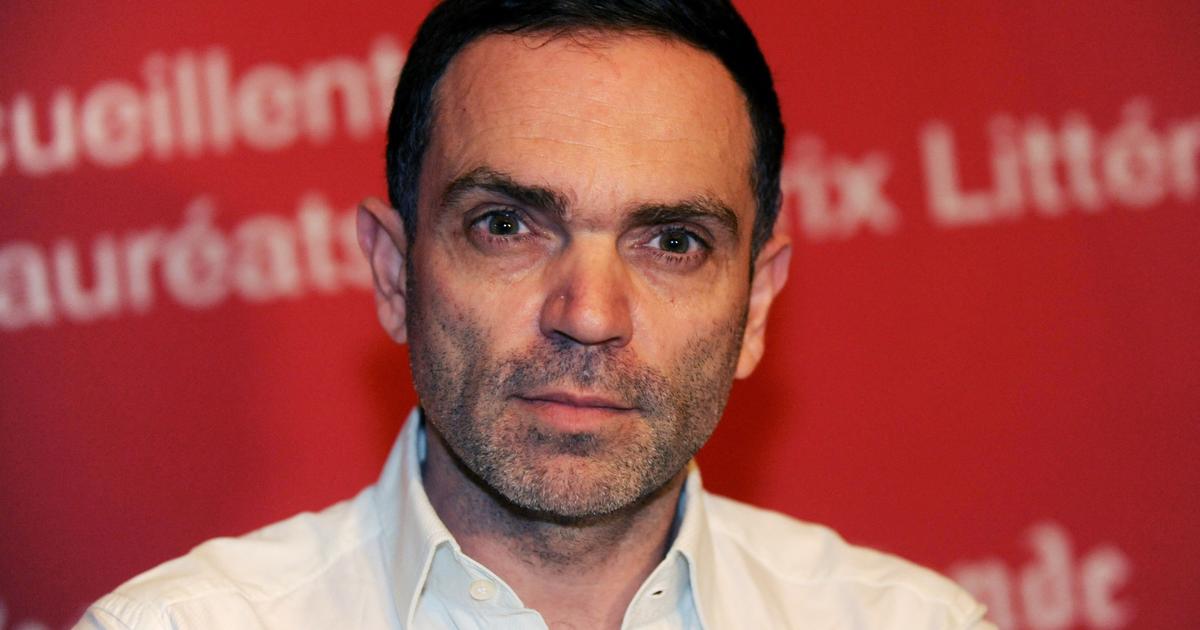In childhood, we are not only shaped by our experiences, but above all by the opinions and attributions of our caregivers, i.e. parents, siblings, friends.
These imprints are often found in the beliefs that one has about oneself.
For example: I am a very sensitive person.
I am resistant to stress.
I am imaginative.
But there are also negative assumptions: I am not as smart as the others.
I am not adorable.
I have no stamina.
Such assumptions about ourselves need not be true.
If only not because the personality changes in the course of life.
This has been shown, for example, in a study by two American psychologists.
They analyzed the résumés of more than 35,000 people over a period of 20 years.
It turned out that people's personalities are changing.
It is events in early adulthood in particular that initiate change: the first job, the first child.
But we also develop further later.
So the beliefs that we take with us from childhood into later life may not be true at all.
It is therefore worthwhile to take a closer look at these sentences and to be very conscious of the inner convictions that guide you in your everyday life.
In a first step, you will receive a list of typical beliefs that many people internalized in their childhood and that still shape beliefs, evaluation and self-image today:
CHECKLIST Hidden Beliefs
.
Read the list carefully and think about which one or two sentences are most likely to apply to you.
Important: You may find that more than two sentences are suitable for you.
But in the end it is often the case that only a few sentences were particularly formative.
Therefore, pay attention to your feelings and moods as you read.
If a sentence makes you particularly sad, worried, or just worried, it is probably important to you.
"I'm not worth anything"
"I do not belong to it."
"I don't succeed."
"I have to do it perfectly."
"I do not trust myself."
"I will always leave."
"I have to be careful."
"I take myself far too seriously."
"I can't trust anyone."
"I'm not really important to anyone."
"I can not do this."
Which sentence particularly touched you?
Keep that sentence in mind and take it a step further.
The following exercise will help you:
Exercise: listening to yourself
Allow yourself to think that this belief that you are jumping on to this day is not even true.
Nevertheless, this sentence shapes your inner monologues and so often triggers difficulties and blockages.
Therefore, especially in challenging situations, pay attention to which inner monologue runs as an accompanying text.
What do you think of yourself when performance is required, when there are conflicts or when you make new friends?
SPIEGEL Coaching 1/2020 Order from
Amazon
Then, consider whether these thoughts and feelings have anything to do with the belief system you found.
If so, ask yourself: Is what I'm thinking true?
Can I be sure that it is?
Who is actually talking there?
Is it a younger "me", a childish part?
Make yourself aware that you are evaluating the present from an old perspective.
If you want to counter this, you can ask yourself, for example, what you as an adult would say about the situation or how you would rate it.
Try to give more space to this adult position.
And another tip: in the near future, keep paying attention to when the old beliefs smuggle into your thoughts.
As soon as you realize that this is the case, pause and see in which situation this happened: does this remind you of your childhood?
Does the situation trigger something?
Then switch to the adult position if possible.
And also think of what you learned from the first week of coaching: You can replace some of the old impressions with new experiences and leave your childhood behind.
Continue reading ...
Memories can be deceptive.
Sometimes they are falsified by narratives.
Sometimes we have no memories of something and unconsciously put images in empty spaces.
Order the current issue of SPIEGEL WISSEN 4/2020 from
Amazon
or
subscribe directly to
SPIEGEL WISSEN
.





/cloudfront-eu-central-1.images.arcpublishing.com/prisa/SPJSISND5VBF7OWVU6W6NJTIVQ.jpg)



